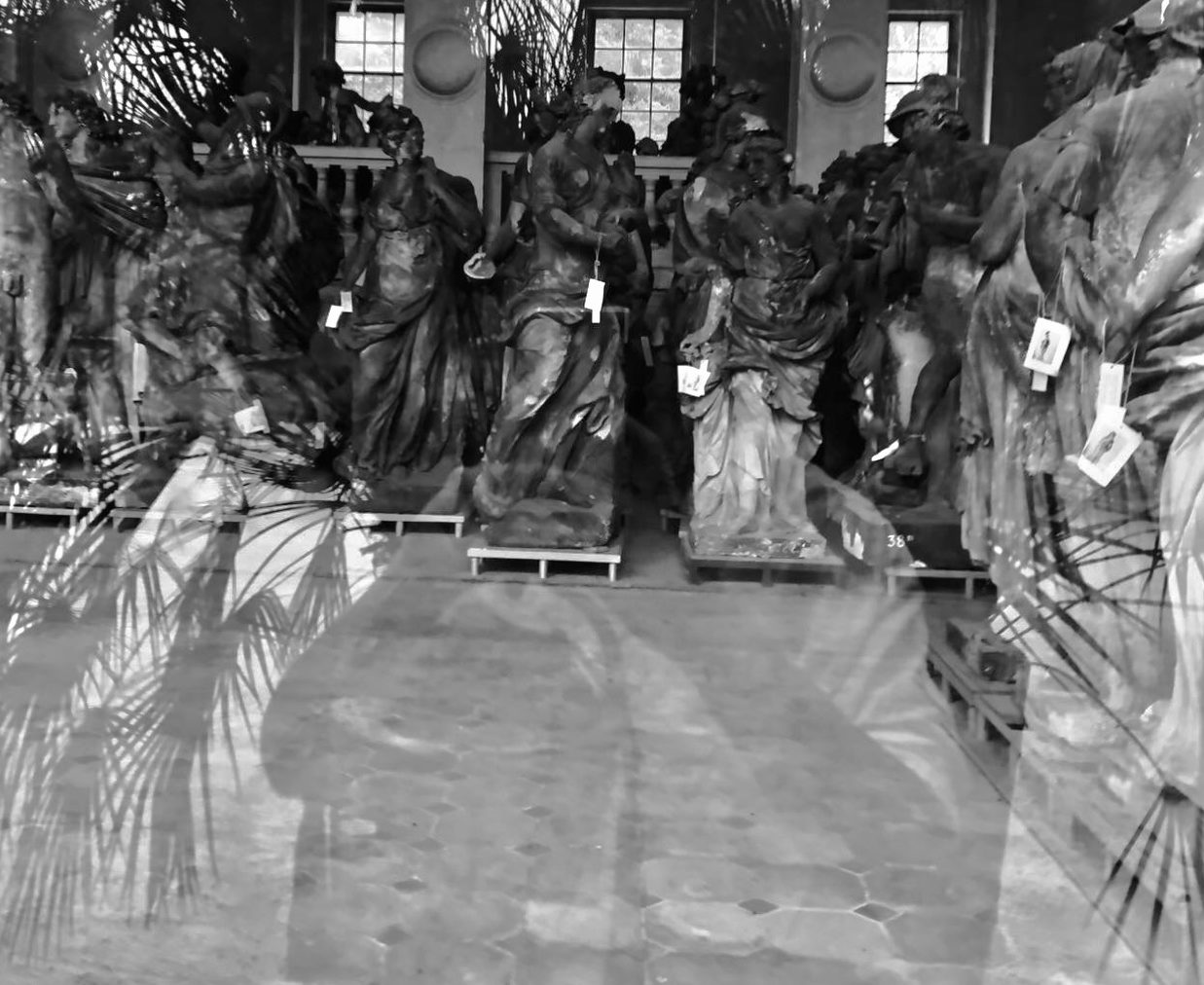The idea of beauty permeates the dialogues of Plato. The beautiful, as a notion, lies at the heart of Plato’s cosmology, ethics, epistemology, and metaphysics.
The centrality of beauty to Plato’s philosophizing shows how distanced and separated modern philosophy is from ancient philosophy, since modern philosophy takes beauty to be merely relating to aesthetics.
Beauty resides in the philosophy of Plato as that around which philosophizing and thinking revolve in their saying of that which is and that which becomes.
For instance, in the Philebus, Socrates says that the togetherness of beauty, truth, and proportionality renders possible and leads to the good life. And in the Timaeus, the beauty of the cosmos indicates that it is constructed by the god after an eternal model.
In the Republic, Plato links together the development of reason with beauty and says that the path leading to and delivering into reason is a path in which loving beauty, loving beautiful poetry, and loving beautiful people dwell. In the Symposium and Phaedrus, it is said that experiencing beautiful bodies erotically could transform one’s life completely into an unending pursuit of wisdom. That is, beauty delivers one’s life into a locale where there is a continuous search for wisdom.
In Plato’s dialogues, virtue and good art are closely linked together with beauty in such a way that brings them into the same place and into each other. This means that virtue is itself beauty, and good art is beauty itself.
The beautiful, Plato says, is what is measured, harmonious, and proportionate. According to Plato, beauty strikes us all of a sudden. The suddenness and power of this striking are forces that constantly transform us and our awareness. These forces deliver us into a locale where pursuing philosophical wisdom holds sway, where searching is uninterrupted, and where wisdom is constantly searched for. In other words, the beautiful strikes us all of a sudden, summons philosophizing, and delivers into philosophical wisdom.
According to Plato, the beautiful harbors within itself goodness and the good, for the form of the good causes and leads to the arising of beauty, which is also correctness, in everything. That is, beauty is goodness and all beautiful things are good.
Goodness brings about beauty because goodness allows the thing to carry out that for which it was originally put together as a thing in the first place. Goodness dwells in the beautiful thing as harmony and proportionality, for the beautiful thing is always harmonious and proportionate. Since the beautiful thing carries out that for which it was originally put together, the beautiful thing is beneficial and benefits us. This means that usefulness lies at the heart of beauty.
In Plato’s philosophizing, there is also a linking together of beauty and pleasure. Plato says that a feeling of pleasure arises when beauty or the beautiful is experienced. Because beauty is pleasurable and gives pleasure, it is related to how the thing manifests or shows itself, that is, how the beautiful thing lets its beauty appear.
Socrates says that beauty “shines out”. Beauty “shines out” and, in its radiating, appears and manifests itself. Through this manifesting of itself, beauty is encountered and experienced by us; through this manifesting of itself, beauty transforms us by delivering us into philosophizing, questioning, and searching.
To beauty thus belongs a force, the force of rendering apparent and appearing. The beauty of the beautiful “shines out” and radiates its beauty. This radiating is an extent in which self-manifestation dwells. That which manifests itself in its beautifulness and renders itself apparent is harmony, occurring as perfection.
Yet that which is experienced as beautiful in its manifesting of itself might not be genuine beauty, it could be ugliness, experienced as beauty because of an imperfection, ethical or perceptual, residing in us. Plato says that there might be dwelling in us what blurs our experiencing and awareness of the manifestation of the thing of itself.
Plato also says that if rationality is not that through which beauty is experienced and confirmed, what is seen as beautiful might in fact be ugly. This means that rationality measures and confirms the genuineness of beauty.
According to Plato, the ugliness, which appears and is experienced as beauty because of the absence of rationality, brings about a conflict within the soul, for it divides the soul into two parts: a part to which the thing shows itself as beautiful, and another part to which the thing appears as ugly.
What is genuinely beautiful, on the other hand, is truthful in its manifesting of itself and in its showing and rendering apparent its own perfection. Truthfulness is thus an important aspect of beauty.
According to Plato, philosophy is where beauty and truthfulness come into each other, for philosophy is a beautiful speech in which truthfulness dwells. Beautiful speech, in its truthfulness, is wise and philosophical in its rendering the world apparent. Beautiful speech, philosophy, says the world truthfully. Poetry and rhetorical persuasion also belong to the same site, where beauty and truthfulness permeate each other.
Finally, beauty has a transformative power. The beautiful transforms the mortals by delivering them into a site where there is perfection, where perfection holds sway. Yet not every mortal is able to be transformed, not every mortal welcomes the power lying at the heart of beauty. Beauty needs philosophy so that it could deliver into the perfect in its harmony and proportionality. Only philosophy can prepare the mortal, only philosophy can teach the mortal how to welcome beauty and how to be transformed by its power.
For more articles on Plato’s philosophy, visit this webpage.

